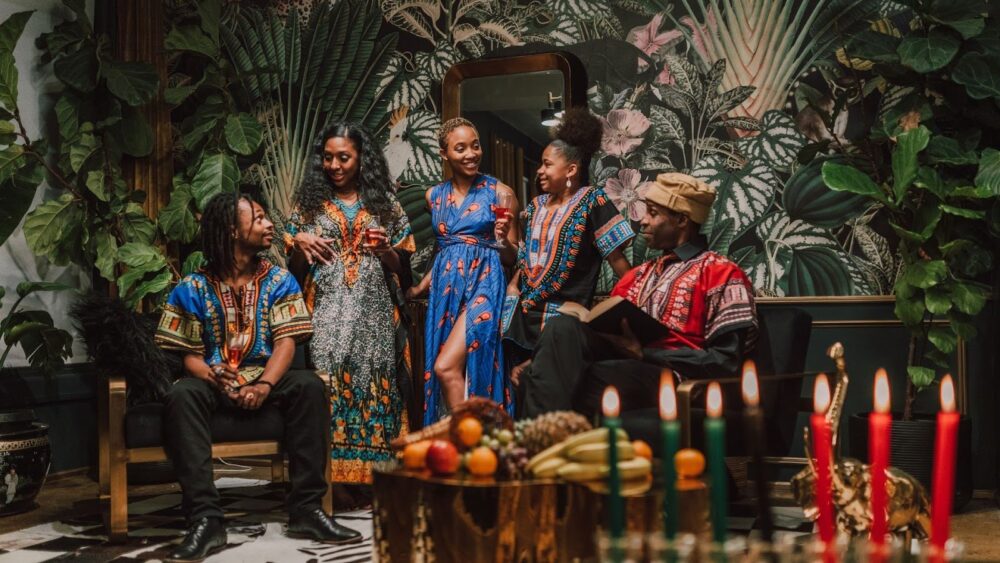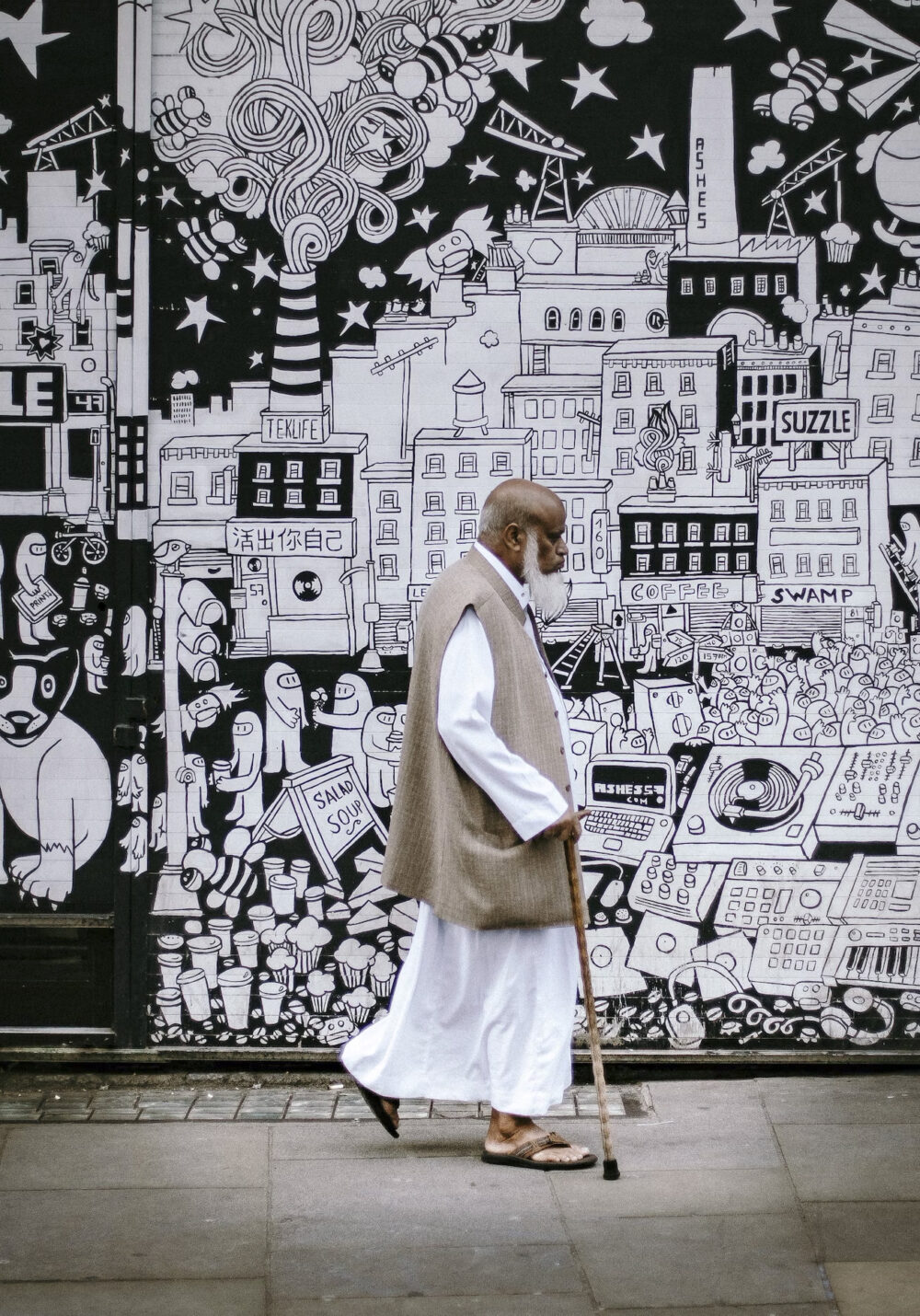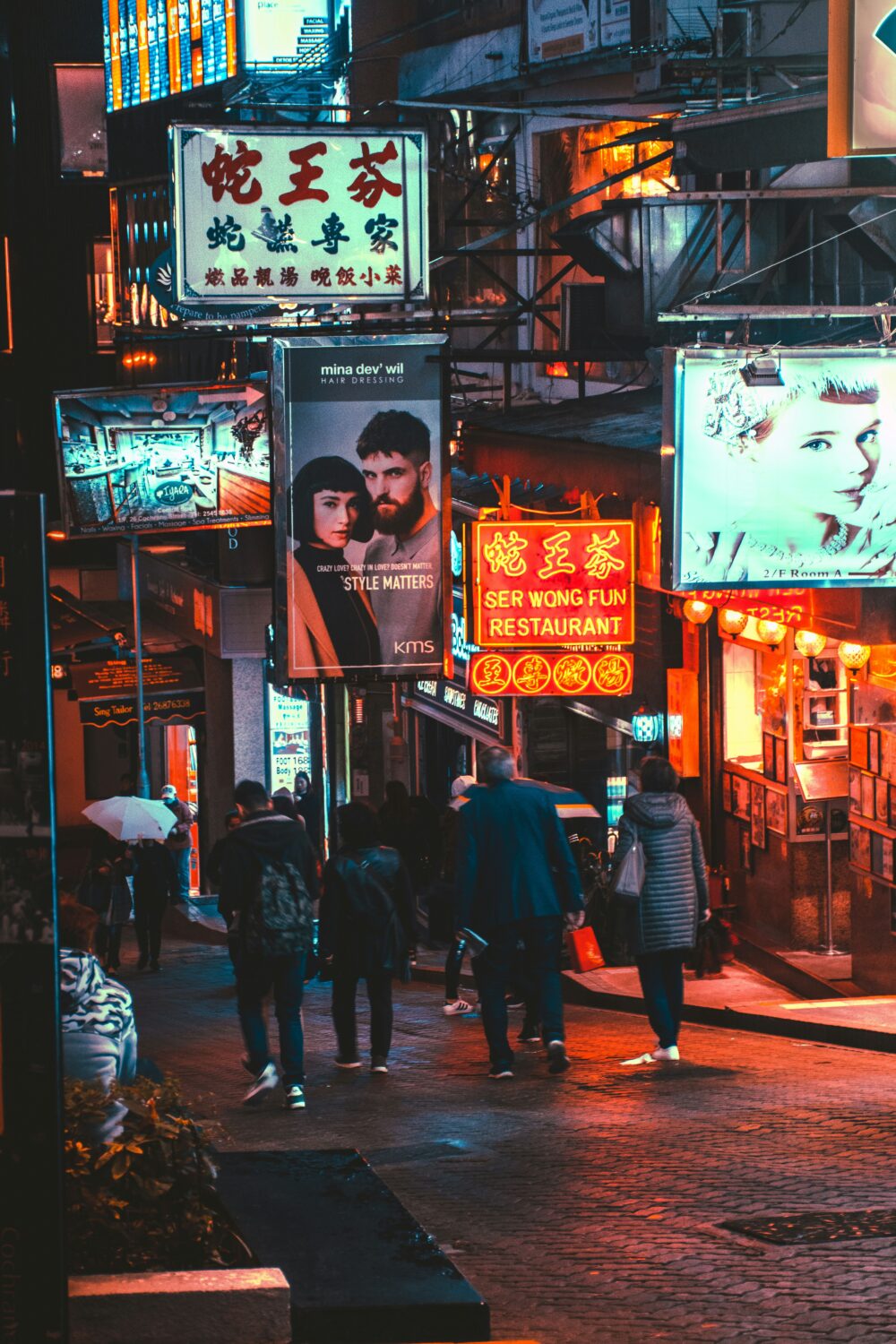First introduced in 1966 by Dr. Maulana Karenga, an African-American professor and activist, Kwanzaa is inspired by African harvest festivals and was created to honour African heritage and foster a sense of community, culture, and unity among people of African descent. The name “Kwanzaa” comes from the Swahili phrase matunda ya kwanza, meaning “first fruits [of the harvest].” While initially seen as an alternative to Christmas, it is now often celebrated alongside other religious or cultural holidays, blending traditions in a way that reflects individual family values.
How Kwanzaa Is Celebrated
Kwanzaa is observed from December 26 to January 1, with each day dedicated to one of the seven principles of the Nguzo Saba: unity, self-determination, collective work and responsibility, cooperative economics, purpose, creativity, and faith. Homes are decorated with meaningful symbols, including a straw mat, a unity cup, and a kinara, a candleholder with seven candles representing these principles. Families light a candle each day and reflect on the corresponding principle, often accompanied by music, drumming, and storytelling. A wooden unity cup is used to pour libations as an offering, and the celebrations typically conclude with a feast and the exchange of thoughtful gifts.

Kwanzaa Today
Over time, Kwanzaa has evolved, with many families blending its traditions with those of Christmas or New Year. It remains a vibrant celebration of African culture and identity, marked by bright traditional clothing, artistic performances, and reflections on African history. Cultural organisations often host exhibitions and events to highlight African-inspired art and heritage during the week. Whether celebrated on its own or alongside other holidays, Kwanzaa provides an opportunity for families and communities to connect, honour their roots, and look forward to a shared future.
For more information, click here or for the official Kwanzaa website and a message from the Founder, click here.





